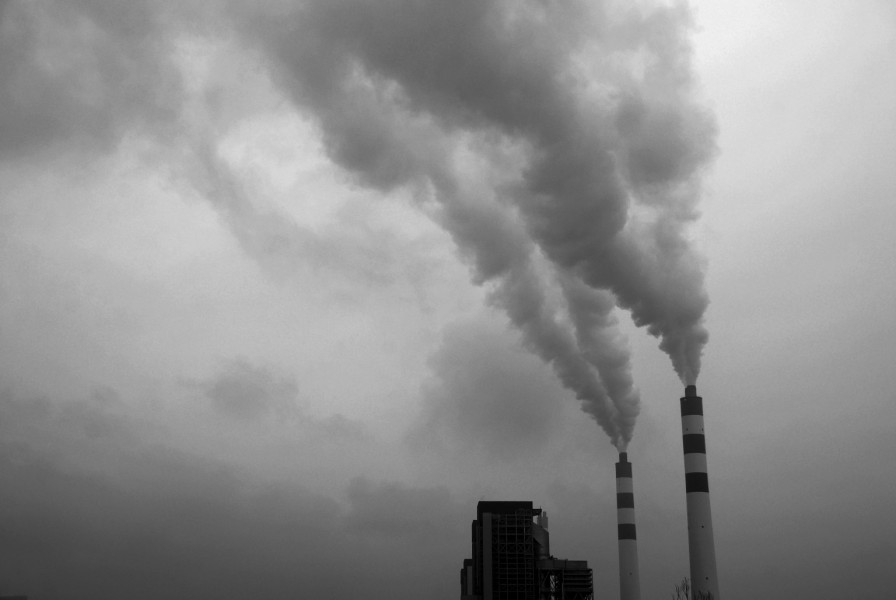Way in advance of a 2020 plan to ban the use of coal within city limits, Beijing has decided to close the last of its four major coal-fired power plants next year as air pollution remains a top concern for residents.
READ: Beijing to Ban Coal Use In Urban Districts by 2020
According to the official website of the Beijing economic planning agency, the China Huaneng Group 845 megawatt power plant will be closed next year. The announcement comes in the wake of two major coal-burning power plant closures last week that were owned by Guohua Electric Power and Beijing Energy Investment Holding. Another similar power plant, owned by China Datang, was closed last year.
The Municipal Commission of Development and Reform said Beijing’s power and central heating will be entirely generated by clean energy once the shuttered plants are replaced by four gas-fired power stations, culminating with the ability to provide 2.6 times more electricity.
Public concern over air pollution was galvanized by a viral documentary on released by former CCTV reporter Cai Jing during the conference for National People’s Congress earlier this year. The National Bureau of Statistics has also reported 90 percent of 161 cities in China failed to meet established safety guidelines over air pollution.
READ: Groundbreaking Smog Documentary Divides Chinese Audiences
In 2012, the burning of coal amounted to a full quarter of Beijing’s total energy use. Beijing plans to cut annual coal consumption by 13 million metric tons by 2017. The Beijing Municipal Environmental Protection Bureau has said all coal use within Beijing’s six main districts will be banned by 2020.
Several approaches have been suggested or implemented to ease the horrific pollution problem. The concept of establishing “wind corridors” to help blow smog away in Beijing is currently being researched, while six million cars will be taken off Chinese roads in order to reduce air pollution produced by automobiles.
Related:
- Chinese Mayor Apologizes Publicly for Debilitating Air Pollution
- Air Pollution in China is Contributing to Winter Storms in the US
- Sindicator: How Air Pollution Affects Your Daily Life
- Coke Now Paying Expat Staff Extra To Deal With China’s Air Pollution


